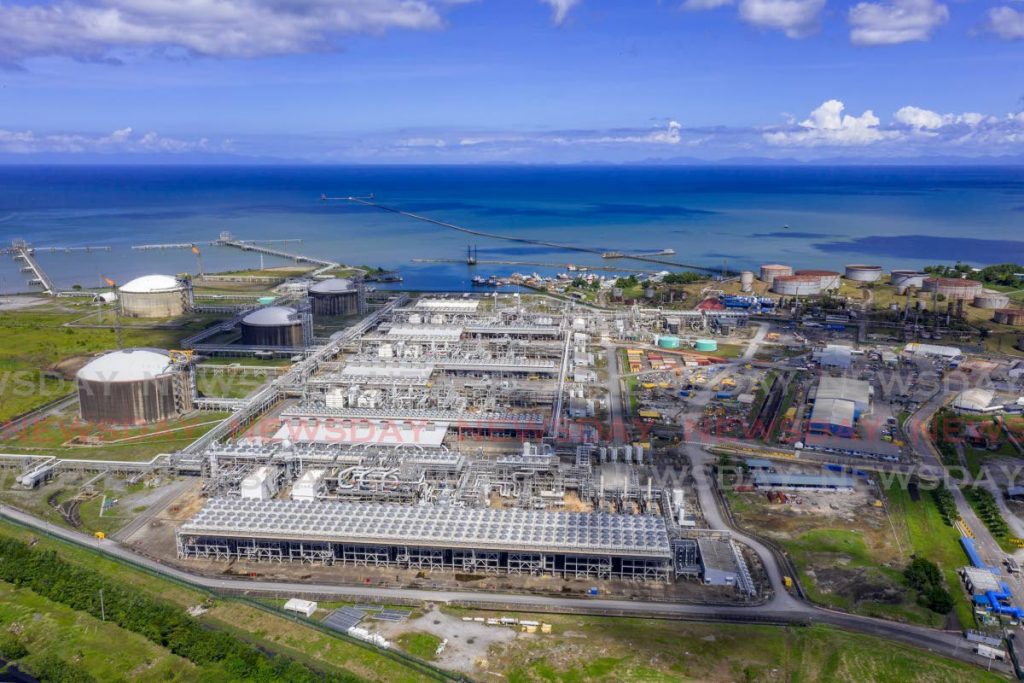NGC chair: Keeping train one a good decision

The saying "it is better to have it and not need it, than to need it and not have it” fits well with the National Gas Company's thinking when it comes to the Atlantic LNG and Train One, for which the state company has spent hundreds of millions of dollars to upgrade and keep in an “operations ready” mode.
NGC chairman Conrad Enill told Newsday on Thursday that with new projects coming online in the next two years, having the train in an prepped and ready would save them from having to rebuild another train when it is needed.
Enill said a train – basically an LNG plant – could take as long as eight years to build, so it could save that time by simply maintaining the train.
“Trains one, two, three and four are very important to the future earning capacity of the country, so if you look at keeping the train alive as a short-term requirement then that is the investment that we are making, so you would not have to build a mechanism.
“This one decision that we made basically would cut out eight years of having to build a facility. In those terms we feel that it is a good decision,” Enill said.
In December last year, Energy Minister Franklin Khan, in response to questions in Parliament, said NGC would continue to keep the train operations ready mode for all of this year.
In the meantime, government would continue to secure a continuous supply of natural gas so the train could take the supply from the upstream to the downstream.
That supply could come from production from projects including Touchstone in their Ortoire Block, particularly the Cascadura and Coho wells in the third quarter of this year, the Ruby and Delaware projects to be conducted by BHP in the fourth quarter of 2021, the Barracuda and Colibri wells controlled by Shell, which is expected to come online between late 2021 and early 2022, and the Osprey East well operated by EOG, which would come online in 2022.
Plus with the Loran-Manatee field de-linked from Venezuela, operations on that field could start as early as 2025.
Enill said the trains would be a critical part of maintaining the value chain which would convert natural gas into revenue for the country.
Train one is one of four trains which ships a steady supply of LNG to foreign markets. Train one began its commercial operations in 1999, and was the first to operate in the western hemisphere.
NGC, owning 10 per cent of the train, took on the responsibility of maintaining the train despite not having enough natural gas to make it useful.

Comments
"NGC chair: Keeping train one a good decision"